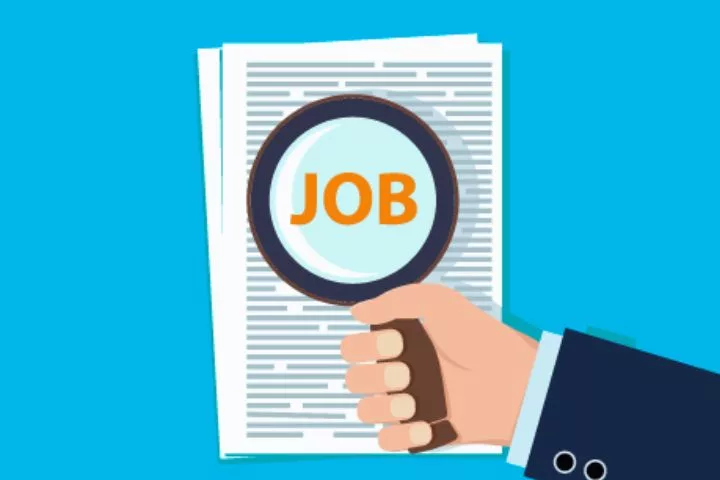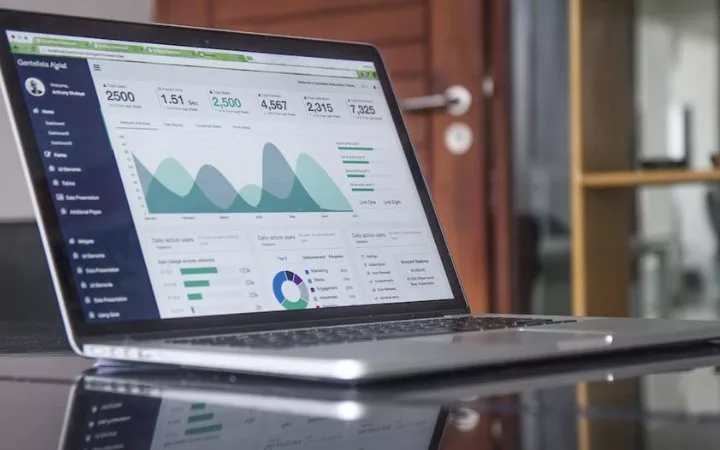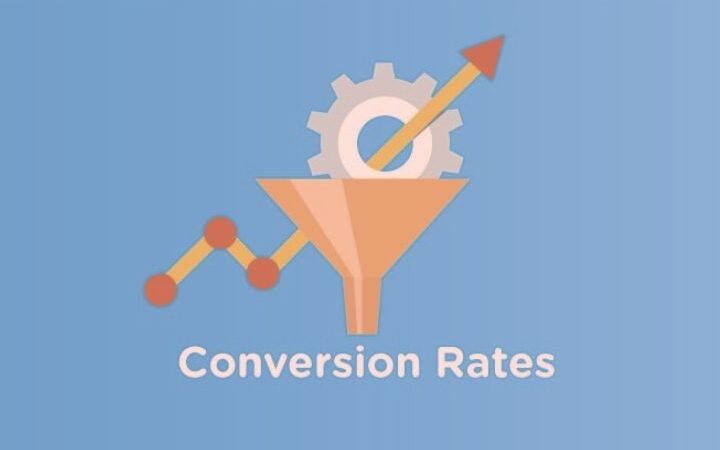The 10 Key Tricks And Tips In The Job Hunt For The Freshers

Job hunt tips
The first job interview – the physical and mental state of many applicants before the “first time” is equivalent to acute exam anxiety in your job hunt.
The pulse goes up, the stomach feels queasy, and the eyelid twitches nervously. They want to get to know you. After all, you are invited to an interview, not an interrogation. Put a stop to panic with our 10-point plan:
Point 1: Knowing what to expect
By confirming the interview appointment by telephone, you can also inquire about the general conditions of the interview at the same time.
For example, who will conduct the interview, what is the role of your interviewer, etc.? This way, you know what to expect and can adapt to the situation. That gives security.
Point 2: Be informed
Find out everything you need about your potential employer and memorize the most critical vital data: products or services, company owners, managing directors, number of employees, company locations, sales countries, etc.
The homepage is an excellent first address for your research. But also pay close attention to media coverage to keep up to date with current events.
Point 3: Being able to provide information
When exactly was the internship abroad again? July 2009, or was it August 2010? It isn’t very comfortable when you can’t find your way around your CV. Therefore, carefully review your application documents and memorize all critical data.
Point 4: Avoid last-minute stress
To radiate security and competence, you should not appear rushed and stressed during the interview. Get enough sleep the night before and plan enough time in the morning to drink your coffee in peace and have a snack.
Only then change your clothes for the interview. So there is no risk of the obligatory jam stains on skirts or trousers. Of course, you did the fitting the day before and ensured no button was missing.
Point 5: Be on time
Being late for an interview is beyond embarrassing. You’re wasting your chance to get a great first job. This can easily be avoided by planning your job hunt journey.
If possible, drive the route for a test drive and find out about the correct company entrance and parking options nearby.
Point 6: Score with the first impression
For the first impression, there is no second chance. When you meet the HR manager or your future boss, seconds decide whether you like them or reject them.
Appear for the interview in elegant business attire, based on the dress code customary in the industry! Look the other person in the eye when greeting and don’t forget to smile! Do not sit down until you are asked to do so! And under no circumstances chew gum!
Point 7: Get your nervousness under control
Stage fright is expected before the first job interview (and before every subsequent one…). Nevertheless, it would help if you had your nervousness under control so that you do not suffer any disadvantages. A genuine blackout in the middle of a conversation is not necessarily career-promoting.
Take a deep breath and try to shake off any panicked thoughts. Don’t assume a trap behind every question. It’s not about you, and it’s about filling a position for which you make an offer to the company.
Point 8: Be authentic
The recruiter is not only concerned with what you answer but how you behave. The so-called soft skills are tested with specific questions: communication skills, stress resistance, resilience, etc. There is no point in memorizing standard answers from all application guides.
If you want to convince, it’s better to rely on authenticity. Be yourself and answer the questions accurately and truthfully. If you don’t understand a question, politely ask for an explanation.
Point 9: Say goodbye properly
After the conversation:
- Do not leave the room in a hurry but shake hands with everyone.
- Say thank you for the discussion.
- Say goodbye with a smile.
If it has not yet been mentioned in the interview, you can ask at this point when a decision can be expected.
Point 10: say thank you
Do not bombard the HR manager with emails or calls over the next few days to urge them to make a decision. On the other hand, a well-formulated thank you email after a few days has a sympathetic effect and can tip the scales, especially if the HR manager cannot decide between several candidates.






